Charleston Currents #12.22 | April 13, 2020
POSEUR. Mr. Canada Goose, pictured above with a very haughty look, guards the West Ashley Greenway on a recent day. If you have pictures that you think readers would enjoy, send them along to editor@charlestoncurrents.com. And don’t miss today’s Photo Essay from Crab Bank below. Charleston Currents photo.
 TODAY’S FOCUS: Tecklenburg outlines three stages of reopening Charleston
TODAY’S FOCUS: Tecklenburg outlines three stages of reopening Charleston
COMMENTARY, Brack: Intentional acts of kindness soothe during crisis
IN THE SPOTLIGHT: South Carolina Ports Authority
PHOTO ESSAY: The beauty of Crab Bank
NEWS BRIEFS: How you can “adopt” a Charleston restaurant during crisis
FEEDBACK: Tree butchery continues in 2020
MYSTERY PHOTO: Classic white mansion
CALENDAR: Get your art fix online
S.C. ENCYCLOPEDIA: Camp Sevier
Friends and readers,
 We’re proud to offer Charleston Currents for free. For more than a dozen years, we’ve been the go-to place for insightful information and good news about the Lowcountry. And we love it as much as you do. But now, we can use your help. If you’ve been thinking of contributing to Charleston Currentsover the years, now would be a great time to contribute as we deal with the crisis. In advance, thank you.
We’re proud to offer Charleston Currents for free. For more than a dozen years, we’ve been the go-to place for insightful information and good news about the Lowcountry. And we love it as much as you do. But now, we can use your help. If you’ve been thinking of contributing to Charleston Currentsover the years, now would be a great time to contribute as we deal with the crisis. In advance, thank you.
— Andy Brack, editor and publisher
Tecklenburg outlines three stages of reopening Charleston
Editor’s Note: Charleston Mayor John Tecklenburg sent the following email Saturday following a Friday press conference to discuss the city’s continued response to COVID-19.
By John Tecklenburg, mayor | When the City of Charleston issued the stay-at-home order a few weeks ago, the primary goal was to “flatten the curve” so as to not overwhelm our hospital capacity and to greatly reduce the spread of contagion. I have been encouraged by the most recent numbers, which is a testament to our citizens staying smart, staying distanced and listening to medical experts. The plan to “flatten the curve” has and is continuing to work and we must be vigilant to keep Charleston from becoming a “hotspot”.
 As we continue to flatten the curve, it is time to ready our strategic reopening to avoid any resurgence or spikes of the virus. I view this challenge in three ways:
As we continue to flatten the curve, it is time to ready our strategic reopening to avoid any resurgence or spikes of the virus. I view this challenge in three ways:
- Protecting the lives and wellness of our citizens;
- Keeping our hospitals from being overwhelmed;
- Maintaining economic activity and core government services until a vaccine or treatment becomes available.
Step I: We are still in the midst of/ We are not out of the woods yet as we will continue to practice steps to stop the spread of the virus.
Step II: A strategic reopening relies on certain health care conditions being in place and then appropriate actions that we are planning for now:
After a strategic reopening, we can then start Step III of the plan to fully restore our economy with added resilience but we must rely on the advice of our medical experts. To see the full slideshow on the three-step plan for recovery that was discussed this week at city council, click here.
I know this has been an unprecedented and tough time for our community, our state, and our nation, but I also have faith in our resilience. Working together and keeping Charleston from becoming a “hotspot” will greatly increase our economic recovery. Thanks to everyone for your collaboration!
As more people stay home to deal with the coronavirus crisis, people are looking for things to do. You can find some fun things to do online in our calendar section below, but let us also encourage you to FORWARD your issue of Charleston Currents to your friends and encourage them to subscribe. It’s got a great price, as you know: Free! We hope they’ll enjoy our coverage.
BRACK: Intentional acts of kindness soothe during crisis
By Andy Brack, editor and publisher | This coronavirus pandemic is causing a lot of misery with kids stuck at home with online school, parents missing work that puts food on the table, companies closing. And there’s nothing left to watch on television.
 But amidst the gloom are bright spots of kindness. Neighbors you haven’t spoken with in months are saying hello. You let someone go ahead of you in line at the grocery store. Manners seem to be back everywhere except in Washington, D.C.
But amidst the gloom are bright spots of kindness. Neighbors you haven’t spoken with in months are saying hello. You let someone go ahead of you in line at the grocery store. Manners seem to be back everywhere except in Washington, D.C.
“I’m hearing people are making it and not complaining,” said Charleston author Nathalie Dupree. “Everyone is being very kind to us, bringing us food, making deliveries. The only complaints I hear are about other people not being respectful of guidelines when in stores.”
The Rev. Kylon Middleton, senior pastor at Mount Zion AME Church in Charleston, noticed similar graciousness as he’s been talking with people.
“I am noticing that people are kinder and more intentional,” he said. “As I walk in my neighborhood, either early morning or later in the day, I encounter folks who are being more intentional about speaking and acknowledging the presence of others, respectfully at a distance, than before the pandemic.
“Even from afar, I see the warmth and hope in the eyes of those with whom I meet. I see a resiliency of spirit that continues to persevere amidst the uncertainty of our times. I see generosity and consideration in something as subtle as negotiating space on a sidewalk or being mindful at the grocery store to only buy what’s needed so that someone else and their family can have access to basic items.”
Sumter Mayor Joe McElveen says the virus is challenging everyone to be better.
“For instance, I may be a hardliner who thinks that ‘stay at home’ is for pansies and that I will not die from COVID-19; but I also have a mother, sister, wife or daughter whom I do no not wish to kill or even infect,” he observed. “Do I really enjoy sitting with 70,000 people at a sporting event; or am I kind of liking time around the house with my family? Lots of things we held as indispensable are turning out not to be so important after all.”
State Rep. Chandra Dillard, D-Greenville, says the pandemic is causing South Carolinians to be more purposeful about their time with family members.
“My Facebook is full of examples of parents dancing with their kids (and) sharing generational music and simply talking,” she said. “Communities have become innovative and collaborative about how to serve our most vulnerable populations. This has gotten organizations out of their silos and combining resources.”
Perhaps what’s most interesting is how all of this kindness seems to be organically contagious — that people are doing it on their own, despite spats about politics and nonsense from state and national leaders.
The recent issue of the Charleston City Paper highlighted nine stories of kindness that included a Mount Pleasant mom and daughter who posted a Joke a Day in their Snee Farm yard, only to be reprimanded by the homeowners’ association for breaking a sign rule. (Boo, HOA.) There’s an artist who paints hearts to give to health care workers. Barbecue king Rodney Scott is providing food for first responders. Charleston police partnered with the city’s parks department to offer safe pop-up Easter egg giveaways for kids. A photographer made fun chalk drawings for backgrounds for neighborhood photos.
This is exactly how people across our state and nation should be responding. And news media should be reporting more of these kinds of stories, in addition to the stark realities and challenges posed at home and abroad by the coronavirus.
South Carolina, launched as a business proposition 350 years ago, is resilient. Her people will get through this pandemic, despite dramas in state and national politics. For now, we have to continue to be patient, stay distanced and wait until it’s safe to move toward what will be a new normal.
In the meantime, perform intentional acts of kindness. You’ll be glad you did, as Winston Churchill once alluded to: “We make a living by what we get, but we make a life by what we give.”
Andy Brack is the editor and publisher of Charleston Currents and Statehouse Report. Have a comment? Send to: editor@charlestoncurrents.com
South Carolina Ports Authority
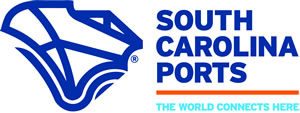 Founded in 1942, the South Carolina Ports Authority (SCPA) owns and operates public marine terminals at two port facilities, the Port of Charleston and the Port of Georgetown, in addition to inland ports in Greer and Dillon, S.C. These facilities are owner-operated terminals, meaning the SCPA owns the terminals, operates all container cranes, manages and operates all container storage yards and leads all customer service functions in both the yard and the lanes.
Founded in 1942, the South Carolina Ports Authority (SCPA) owns and operates public marine terminals at two port facilities, the Port of Charleston and the Port of Georgetown, in addition to inland ports in Greer and Dillon, S.C. These facilities are owner-operated terminals, meaning the SCPA owns the terminals, operates all container cranes, manages and operates all container storage yards and leads all customer service functions in both the yard and the lanes.
SCPA promotes, develops and facilitates waterborne commerce to meet the current and future needs of its customers, and for the economic benefit of the citizens and businesses of South Carolina. In fact, SCPA facilities in Charleston, Dillon, Georgetown and Greer drive $63.4 billion in annual statewide economic impact and 1 in every 10 S.C. jobs is attributed to the port.
- For more information, visit www.scspa.com.
- To meet all of our underwriters, click here.
The beauty of Crab Bank
The folks at the S.C. Coastal Conservation League shared some great photos over email over the weekend to relieve cabin fever and to show the wildlife that remains at Crab Bank in Charleston harbor.
“Crab Bank is one of the few places on the Atlantic coast where you can watch sea and shorebirds nesting—and we’re lucky enough to have it right here in the heart of Charleston harbor,” wrote executive director Laura Cantral. “With your support, the Conservation League played a key part in starting the process of restoring Crab Bank to its full, bird-filled glory after years of erosion.
“We’ll be returning our pelicam to its original home on Crab Bank one day, but in the meantime you can get a pelican fix from its temporary home on Shutes Folly. To learn more about Crab Bank and its story, click here.” Thanks to the Conservation League staff for taking the photos — and letting us republish them.
How you can “adopt” a Charleston restaurant during crisis
Staff reports | Lowcountry Local First (LLF) is offering a new “Adopt a Local Restaurant” campaign to help the Lowcountry’s food and beverage companies and their staffs stay afloat during the COVID-19 crisis.
People across the community are encouraged to either “adopt” their favorite restaurant, brewery, distillery or wine distributor by pledging to order at least once a week by calling the business directly to place an order) or to “adopt” a favorite establishment that has paused operations by pledging to give to its employee fund or virtual tip jar.
“The initial idea for the campaign came to me after I ordered takeout from one of my favorite local restaurants, the Grumpy Goat on James Island,” said local business coach Thomas Heath, who is working with LLF on the project.. “I saw how much they were struggling and decided right there that I would ‘adopt’ them by ordering take out at least once a week while encouraging others to do the same.”
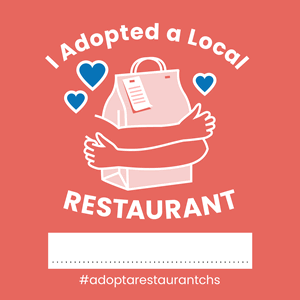 Lowcountry Local First Executive Director Jamee Haley said she hoped the campaign would engage Charlestonians in new ways: “Our hope is that hundreds and eventually thousands of locals will participate in this generosity movement and give back to our favorite Charleston restaurants that have always given so much to us.”
Lowcountry Local First Executive Director Jamee Haley said she hoped the campaign would engage Charlestonians in new ways: “Our hope is that hundreds and eventually thousands of locals will participate in this generosity movement and give back to our favorite Charleston restaurants that have always given so much to us.”
Residents who wish to pledge their support are encouraged to upload this graphic to their social media, filling in the blank to signify they are adopting a restaurant in one of the two ways listed above. Use the hashtag: #adoptarestaurantchs.
- For a list of businesses offering take-out and delivery, visit the Charleston City Paper’s “Good To Go” page.
In other recent news:
Trash collection to resume. The city of Charleston says collection of yard debris and bulk items such as furniture, appliances, bedding and large objects will resume today. With so many people working in yards, the piles are stacking up — so this is good news!
![]() Big donors. Hats off to two donors to the Medical University of South Carolina who are giving a total of $384,000 to help cover the monthly health insurance premiums for 900 MUSC health care workers who were laid off temporarily due to coronavirus-related revenue shortfalls. Health premiums will be paid through June 30, according to a press release. “We are incredibly grateful for the generosity of these two amazing people and for what they have tangibly done to make a difference in the lives of these families,” said MUSC Health CEO Patrick J. Cawley. “Thanks to these gifts, our care team members can find some comfort in knowing that their health care is one less thing they have to worry about right now.”
Big donors. Hats off to two donors to the Medical University of South Carolina who are giving a total of $384,000 to help cover the monthly health insurance premiums for 900 MUSC health care workers who were laid off temporarily due to coronavirus-related revenue shortfalls. Health premiums will be paid through June 30, according to a press release. “We are incredibly grateful for the generosity of these two amazing people and for what they have tangibly done to make a difference in the lives of these families,” said MUSC Health CEO Patrick J. Cawley. “Thanks to these gifts, our care team members can find some comfort in knowing that their health care is one less thing they have to worry about right now.”
Surge expected in absentee ballots. The state’s election agency has reported “a significant increase” in absentee voting requests despite “pandemic” not being one of the approved reasons, Lindsay Street outlines in sister publication Statehouse Report. “Our absentee process is not built for high volume. It’s really intended for a small subset of people,” said S.C. State Election Commission spokesman Chris Whitmire said.
Clyburn pushes for states like S.C. to expand Medicaid. U.S. Rep. Jim Clyburn, D-S.C., on Wednesday said he will push to “bring in” states like South Carolina that haven’t expanded Medicaid, especially since those without health insurance — the poor and minorities — are being impacted in a big way by coronavirus.. Read more in our sister publication, Charleston City Paper.
- Have a comment? Send to: editor@charlestoncurrents.com
Tree butchery continues in 2020
To the editor:
I found your article, “PSC needs to investigate tree butchery,” August 2019, while researching practices by Dominion Energy after Lewis Tree Service hacked their way through my live oak. I contacted my district county council representative who explained the following:
“ Dominion/SCE&G franchise agreement allows the company essentially carte blanche to trim to contractual specifications.”
The Lewis crew told my neighbor when he questioned them that the current guideline is 10 feet. I plan to follow up with my county councilman with additional questions, most importantly — who negotiated this current agreement with Dominion? Apparently it is binding until 2024. I also plan to contact PSC with my concerns and photos.
Thanks for your informative article and recommendations. If you have updated information, it would be appreciated.
— Laura Whitley, Charleston, S.C.
Got something to say? Let us know by mail or email
We’d love to get your impact in one or more ways:
Send us a letter: We love hearing from readers. Comments are limited to 250 words or less. Please include your name and contact information. Send your letters to: editor@charlestoncurrents.com. | Read our feedback policy.
Tell us what you love about the Lowcountry. Send a short comment – 100 words to 150 words – that describes something you really enjoy about the Lowcountry. It can be big or small. It can be a place, a thing or something you see. It might be the bakery where you get a morning croissant or a business or government entity doing a good job. We’ll highlight your entry in a coming issue of Charleston Currents. We look forward to hearing from you.
Classic Southern mansion
Here’s an outstanding Lowcountry example of a Greek Revival home. But where is it? Send your best guess to editor@charlestoncurrents.com. And don’t forget to include your name and the town in which you live.
 Based on the results of our last Mystery Photo, “Another bridge,” either the picture was easy or there are lots of readers who are bored at home who decided to guess for the first time — or both! Congratulations to all who correctly identified the bridge as the General William C. Westmoreland Bridge on Interstate 626 over the Ashley River that connects West Ashley and North Charleston.
Based on the results of our last Mystery Photo, “Another bridge,” either the picture was easy or there are lots of readers who are bored at home who decided to guess for the first time — or both! Congratulations to all who correctly identified the bridge as the General William C. Westmoreland Bridge on Interstate 626 over the Ashley River that connects West Ashley and North Charleston.
Kudos to these sleuths: Wyatt Harris and Christopher Glover, both of West Ashley; Jay Altman of Columbia; Allan Peel of San Antonio, Texas; Berry Davenport and Teddy Dovell, both of James Island; George Graf of Palmyra, Va.; Jen Kibler of Johns Island; Kameron Clay and Stephen Yetman, both of Charleston; Grace Muldrow of Mount Pleasant; Tricia Edwards and Josh Shirley, both of Summerville; and Chris Burke, George Thornton and Amanda Hicks. (Please add your hometown next time to the guess.) Thanks to all of the others who guessed.
Peel shared: “Often referred to as simply the ‘Westmoreland Bridge,’ it is composed of two, 40-foot wide spans, sufficient for two lanes of traffic in each direction. At 3,907-feet long, and a maximum clearance of 35-feet above the water, the bridge was completed in 1980. The highway was named for General William C. Westmoreland, a South Carolina native and graduate of West Point.
“Born in Spartanburg County, South Carolina, Westmoreland had a long and successful military career, serving as a colonel in the infantry during World War II, a brigadier general during the Korean War, a commander during the Vietnam War, and eventually serving as the chief of staff of the United States Army for Presidents Lyndon Johnson and Richard Nixon from 1968 to 1972.”
- Send us a mystery: If you have a photo that you believe will stump readers, send it along (but make sure to tell us what it is because it may stump us too!) Send it along to editor@charlestoncurrents.com.
Get your art fix
With most people following a stay-at-home order, they’re looking for things to do. Here’s a look at some online events and offerings to help you shed any boredom that may rise in your home:
Virtual museums, attractions. You can visit 500 museums across the world online through this Google amalgamation of sites. In the area:
- Brookgreen Gardens. The Murrells Inlet gardens have a new set of activities, #BrookgreenAtHome, that you can do, well, from home. The staff offers materials, directions and examples. Post to social media with the tag when done.
- Avian Conservation Center. Access videos and live streaming presentations online to learn about what’s going on at the Center for Birds of Prey.
- Charleston Museum. “The Charleston Museum and its Historic Houses will have a variety of content, lessons, videos, and virtual tours during this uncertain time. More online.
- Gibbes Museum. You can enjoy lots of local art offerings through the website and social media accounts of the Gibbes Museum. AT 10 a.m. on weekdays, the museum posts virtual readings and workshops on Facebook. Find more online.
Virtual tours: Bulldog Tours is providing virtual tours of the city of Charleston daily at 2 p.m., according to sister publication Charleston City Paper. So far, tours have been to Washington Square, Fort Lamar and the old City Jail. Learn more.
Plugged In To History. Middleton Place offers this new digital content portal that offers streamed content on living history, heritage breeds, crafts and even past drinks and social practices (appropriately on Friday at 5 p.m.). More.
Online wellness: You can also get fit online through virtual fitness classes that offer workouts, meditations and more. Check out this City Paper post of what area studios are offering.
Online jazz: Forte Jazz Lounge in downtown Charleston is offering music enthusiasts the chance to watch live shows online through virtual ticketing with suggested donations of $10. The feed starts about 15 minutes before shows. When the virus scare is done, all donors will be invited to a big party blowout at the club with the Joe Clarke Big Band. Learn more.
Aquarium online. The S.C. Aquarium is expected to offer a daily Nature Challenge, a virtual “Passport to Fun” and a “Moment of Zen” starting this week online. It also offers daily education classes at 10 a.m. and 2 p.m., Monday to Friday, via its virtual network. Learn more.
- Read here to learn more about the Aquarium’s new Solo Sweep Challenge litter clean-up effort.
If you have any online events, drop us a line (editor@charlestoncurrents.com) and make sure to put “Online event” in the subject line. Similarly, if you’ve got cool ideas for stuff to do while in isolation at home, send them our way.
Camp Sevier
Camp Sevier was a temporary cantonment site in Greenville County created to train federalized National Guard soldiers during World War I. It was named in honor of the Revolutionary War hero John Sevier, a leader of patriot militia at Kings Mountain and later governor of Tennessee.
Soldiers from South Carolina began to occupy the site, four miles northeast of the city of Greenville, on July 10, 1917. Construction began a week later, and the formal establishment of the post took place on July 18. During the next two months, various National Guard units from South Carolina, North Carolina, and Tennessee began to arrive at the camp. Before training could begin in earnest, land had to be cleared and facilities constructed. Once all units had reported, soldiers were trained in a range of common infantry skills and in new modes of warfare, such as gas defense and the use of the machine gun.
Covering some 1,900 acres, the camp provided ample room for artillery instruction as well. This first group of guardsmen was formed into the Thirtieth, or “Old Hickory,” Division, which trained at the post until May 1918 and was followed by the Eighty-first and Twentieth Divisions, respectively. In all, an estimated 100,000 men had undergone vital training at Camp Sevier by the spring of 1919. With the signing of the Armistice on Nov. 11, 1918, the post was designated as a demobilization center on December 3 and was closed as a military training facility on April 8, 1919.
— Excerpted from an entry by Samuel K. Fore. This entry may not have been updated since 2006. To read more about this or 2,000 other entries about South Carolina, check out The South Carolina Encyclopedia, published in 2006 by USC Press. (Information used by permission.)
If you like what you’ve been reading, how about considering a contribution so that we can continue to provide you with good news about Charleston and the Lowcountry. Interested? Just click the image below.
OUR UNDERWRITERS
Charleston Currents is an underwriter-supported weekly online journal of good news about the Charleston area and Lowcountry of South Carolina.
- Meet our underwriters
- To learn more about how your organization or business can benefit, click here to contact us. Or give us a holler on the phone at: 843.670.3996.
OUR TEAM
Charleston Currents offers insightful community comment and good news on events each week. It cuts through the information clutter to offer the best of what’s happening locally.
- Mailing address: 1316 Rutledge Avenue | Charleston, SC 29403
- Phone: 843.670.3996
Charleston Currents is provided to you weekly by:
- Editor and publisher: Andy Brack, 843.670.3996
- Contributing editor, common good, Fred Palm
- Contributing editor, money: Kyra Morris
- Contributing editor, Palmetto Poem: Marjory Wentworth
- Contributing editor, real estate: Digit Matheny
- Contributing photographer: Rob Byko
SUBSCRIBE FOR FREE
Subscriptions to Charleston Currents are free.
- Click here to subscribe.
- Unsubscribe. We don’t want to lose you as a reader of Charleston Currents, but if you must unsubscribe, you will have to do it through the email edition you receive. Just go to the bottom of any of your weekly newsletters and click the “unsubscribe” function. If that doesn’t work, please send us an email with the word “unsubscribe” in the subject line.
- © 2008-2020, City Paper Publishing, LLC. All rights reserved. Charleston Currents is published every Monday by City Paper Publishing LLC, 1316 Rutledge Ave., Charleston, SC 29403.


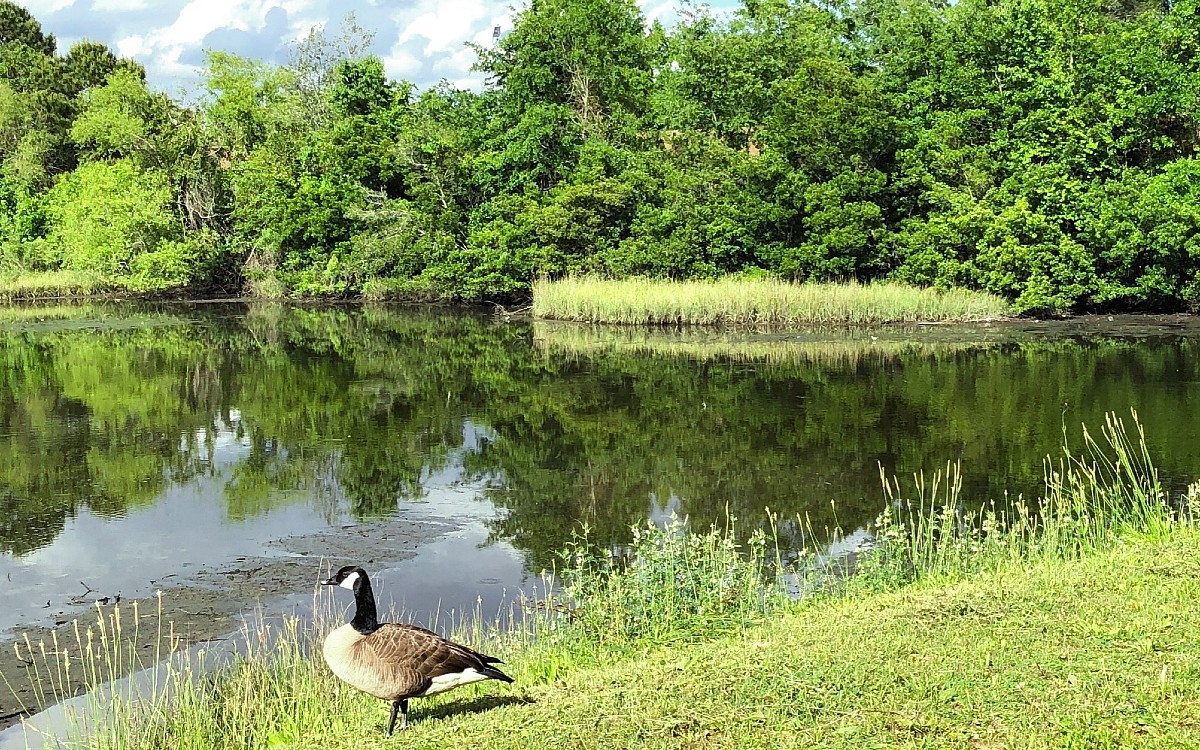
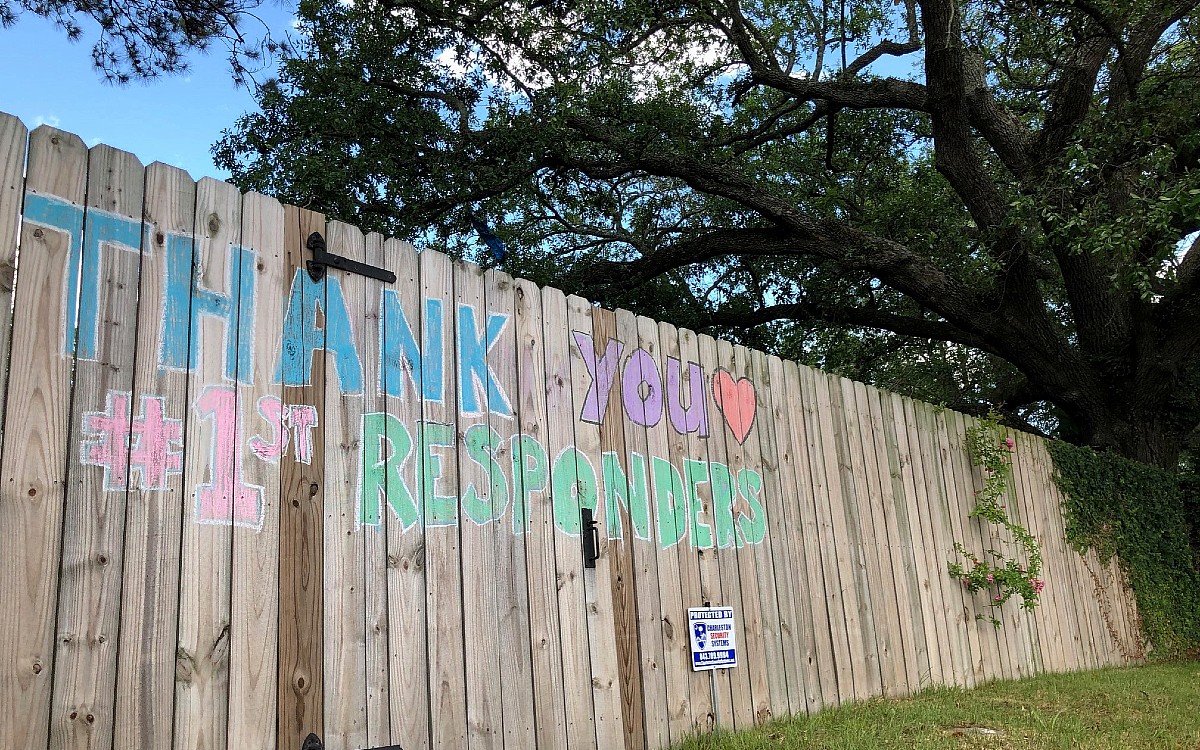
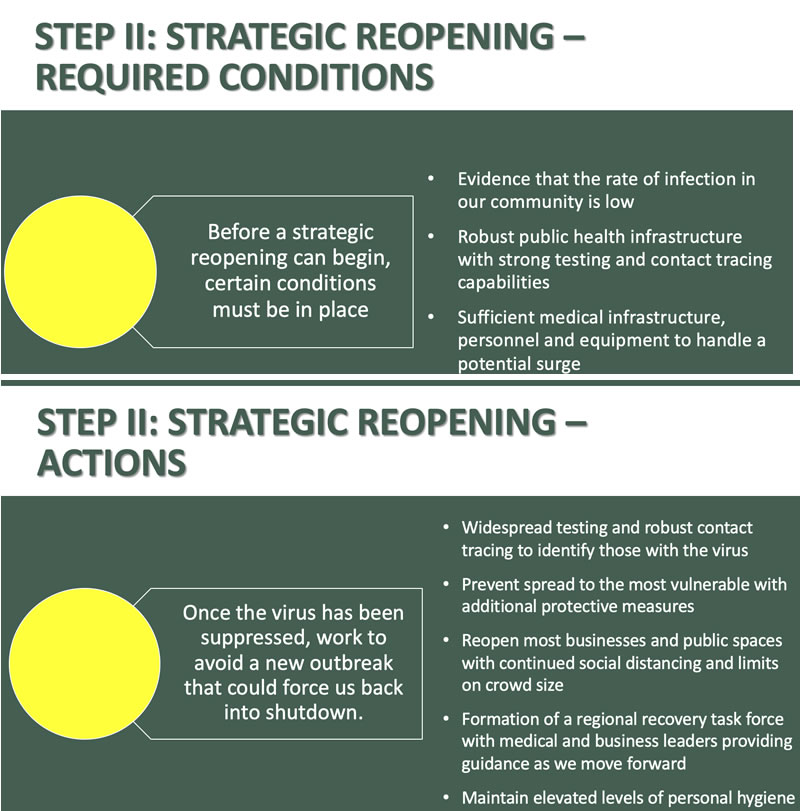
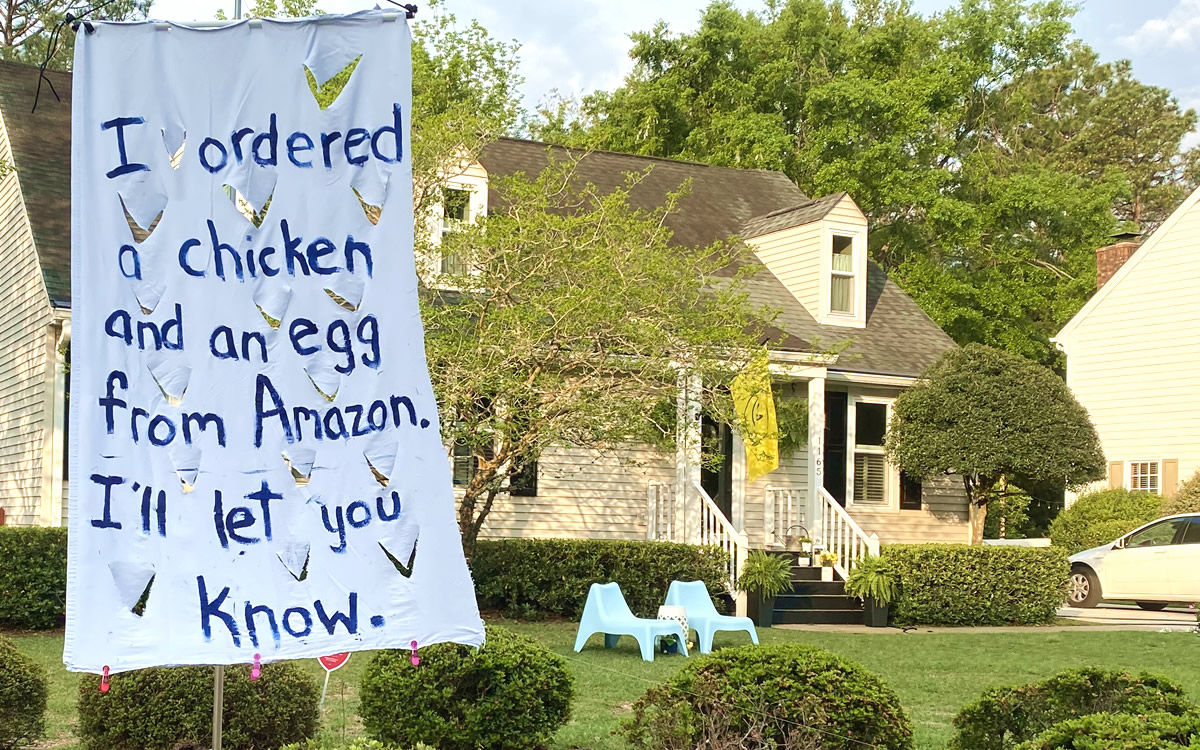
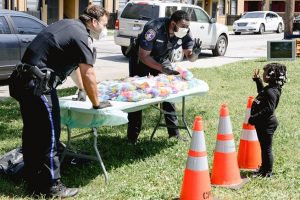
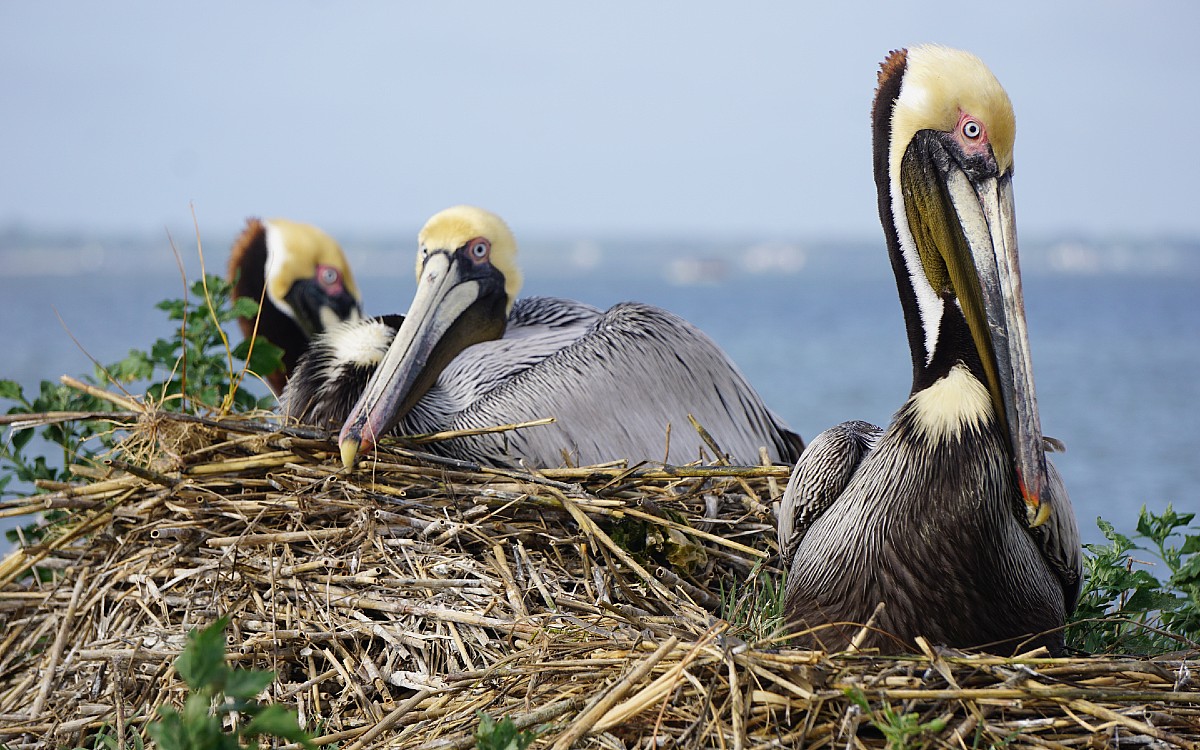
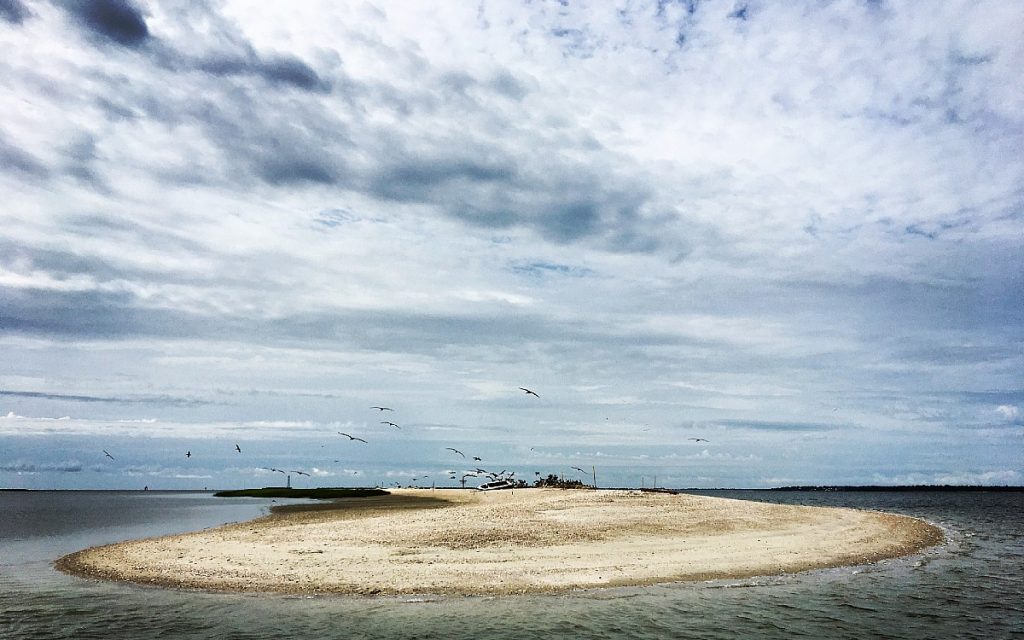
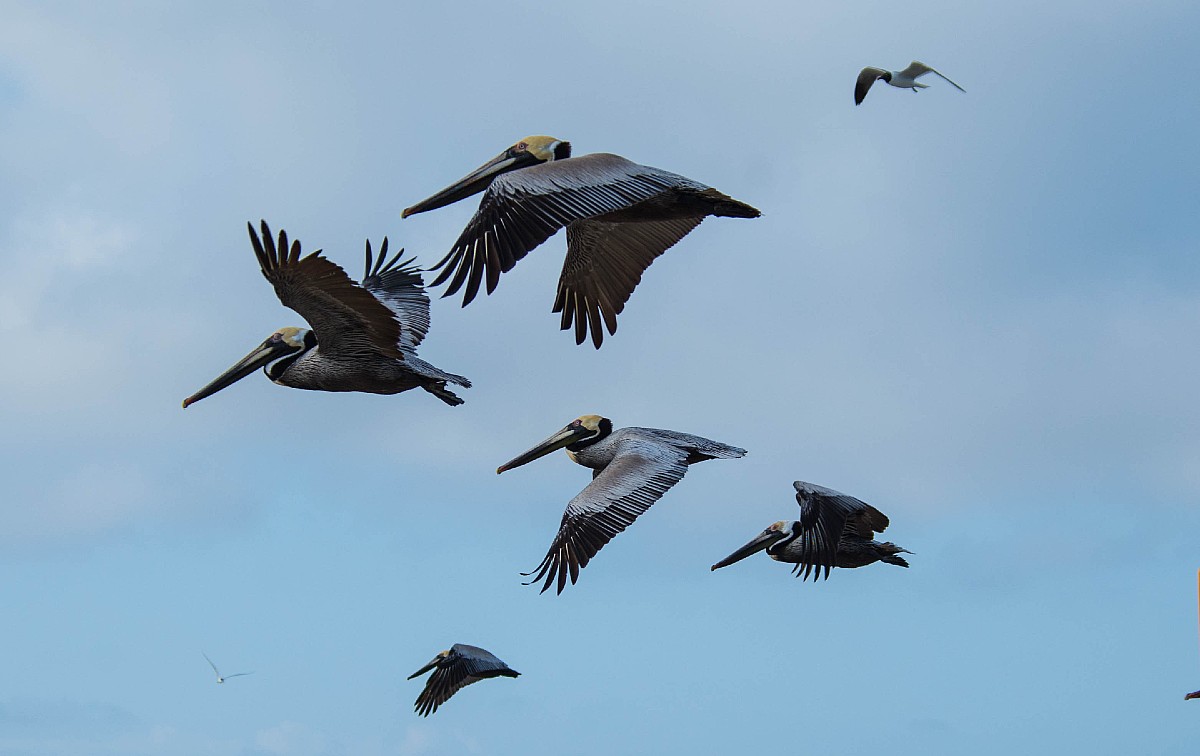
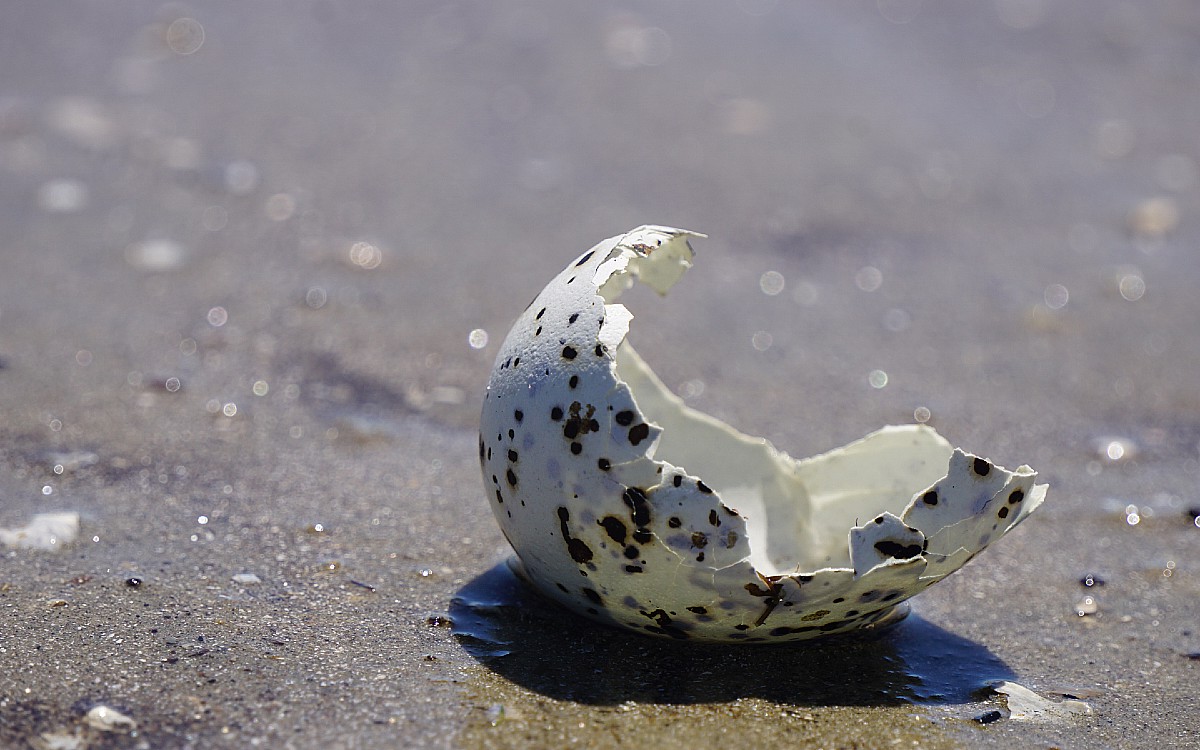
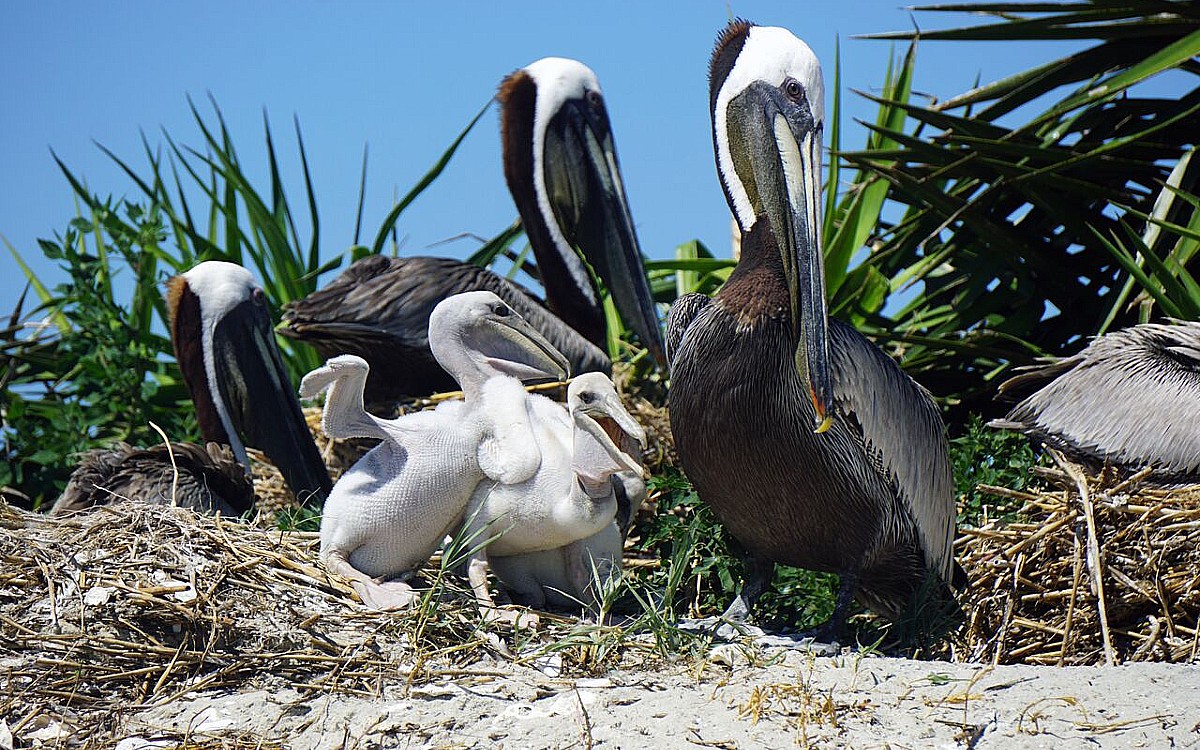
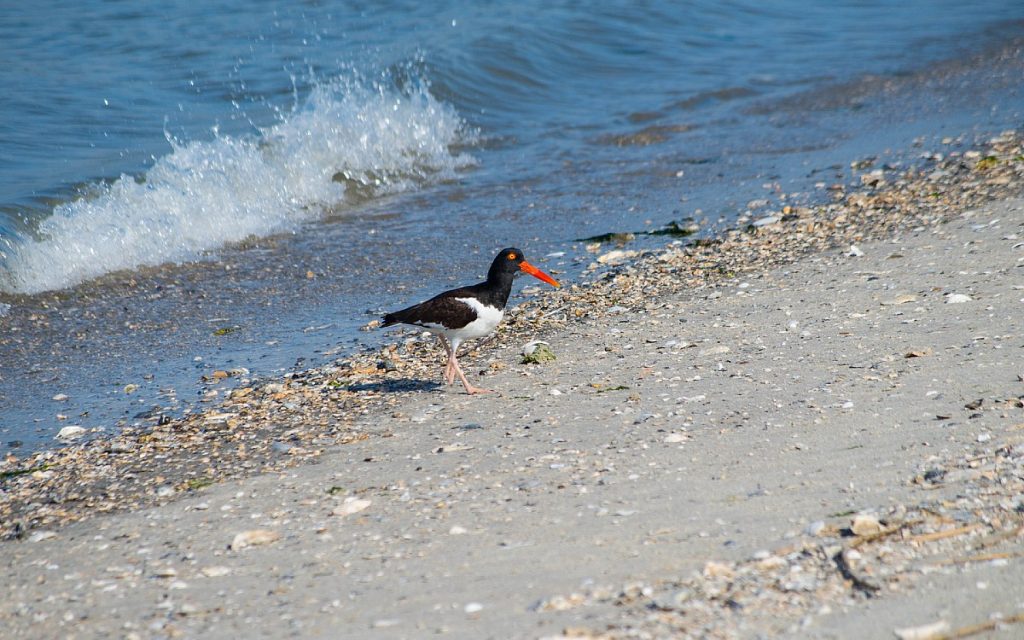
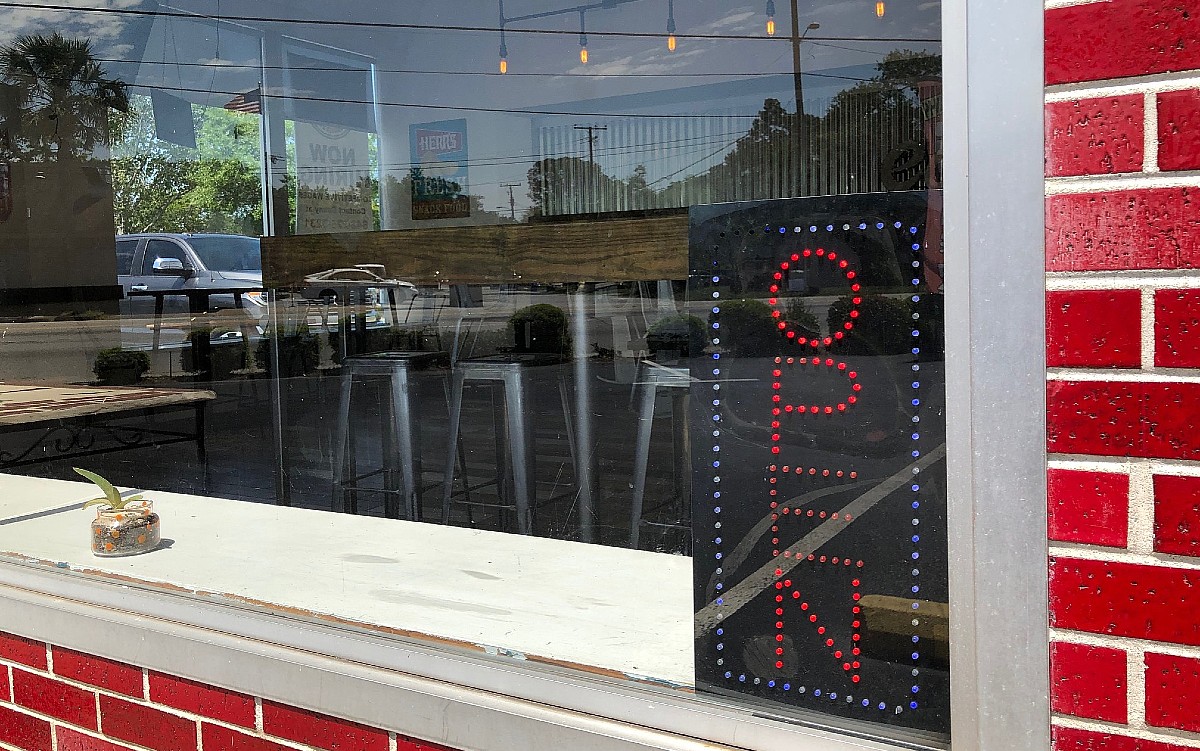
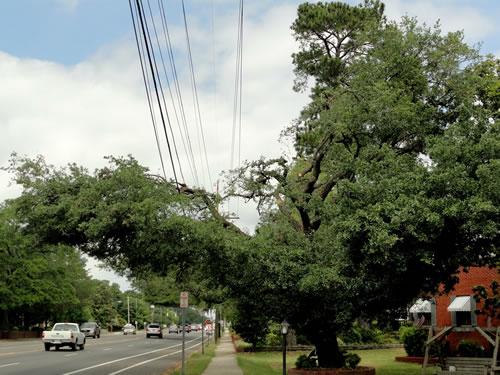
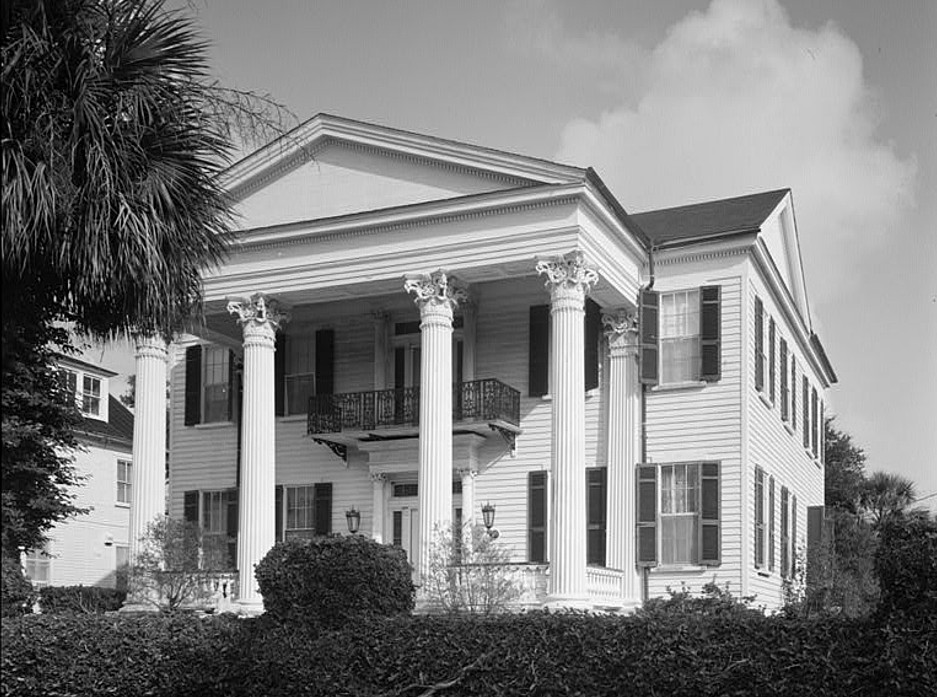
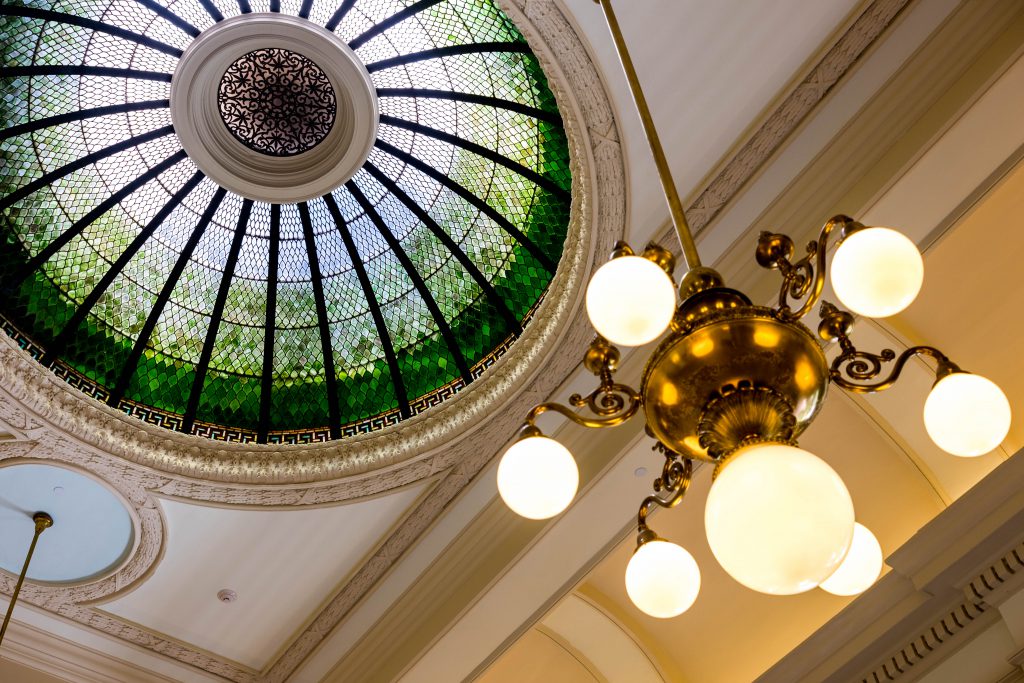
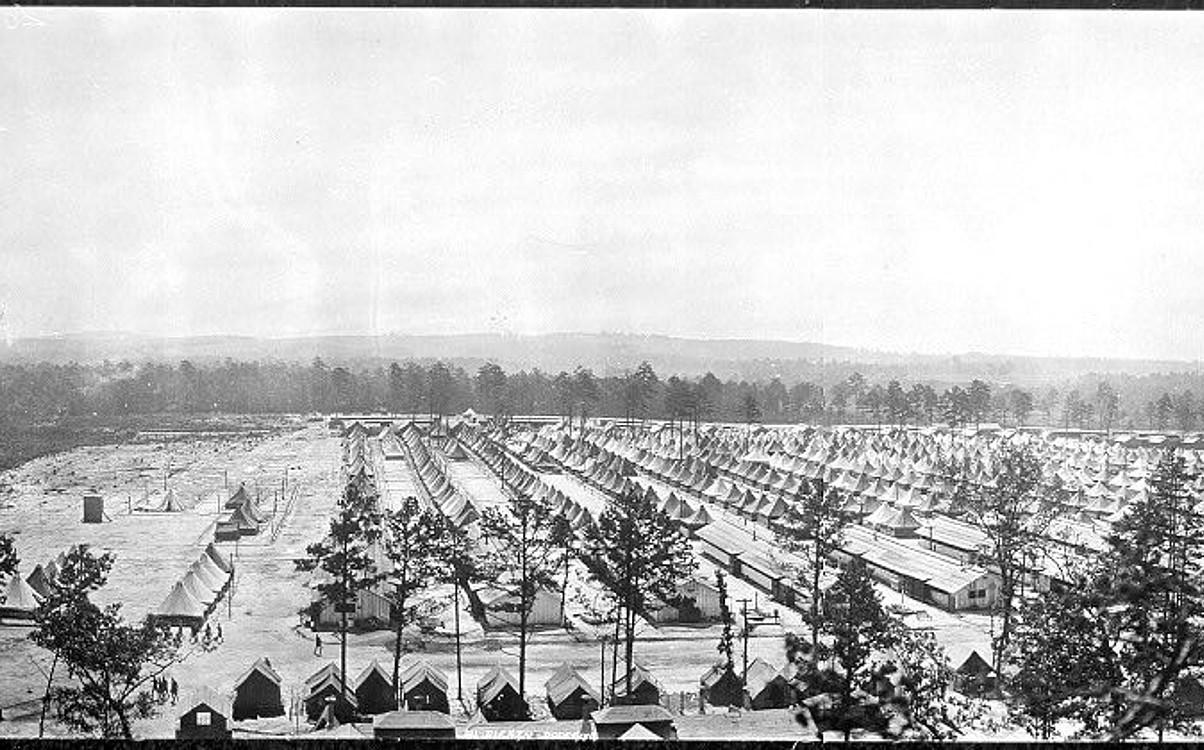

 We Can Do Better, South Carolina!
We Can Do Better, South Carolina!























